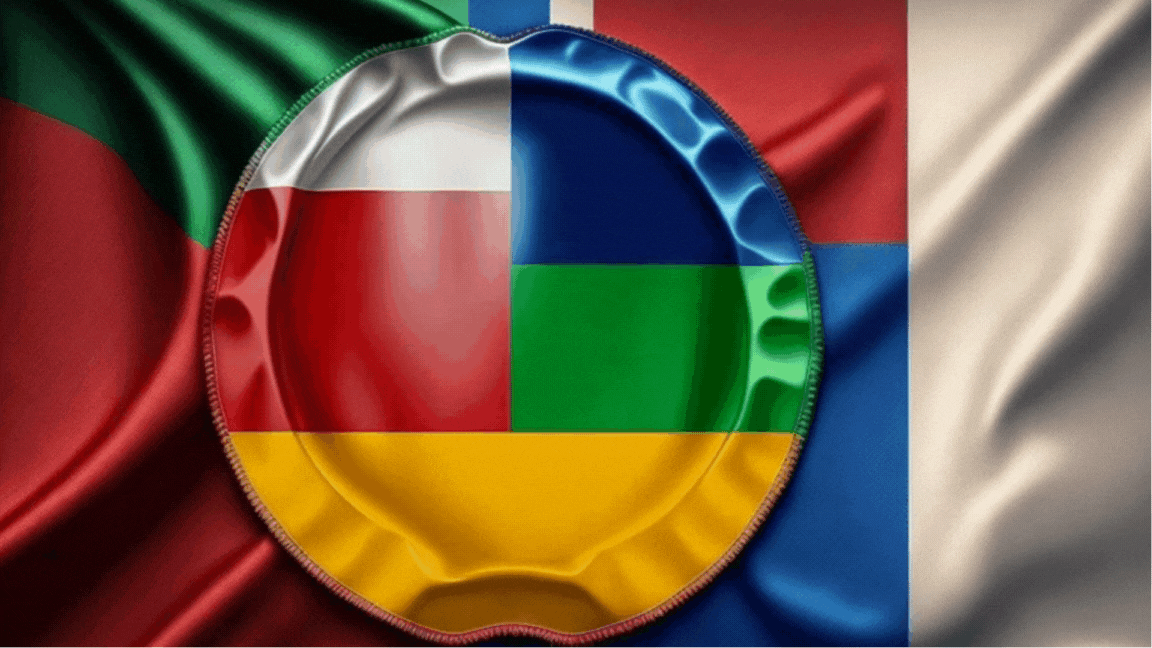The Latin American Report # 499

The election of Robert Francis Prevost, a Chicago-born, White Sox fan and also a Peruvian national, as the new head of the Catholic Church, has resonated well in the region. Prevost, who served as pastor to hundreds of faithful in Chiclayo, Peru, before being reclaimed by the late Pope Francis in 2023, left a positive wake during his time in Latin America, where it has even been shared that he already visited Cuba. A ceviche eater, occasional tennis player, he is remembered as a man devoted to causes that embrace the underprivileged, who played a major role in finding key resources to combat Covid-19 in Peru. However, a murky account has also surfaced that associates him with a soft management of ecclesiastics allegedly linked to sex crimes. The Argentine Pope Francis was also being discussed in his farewell for his probable responsibility in the fate of at least two religious under his watch during the shadowy Argentine dictatorship.
CECOT
Meanwhile, the situation of the more than 200 Venezuelans imprisoned in Nayib Bukele's Terrorist Confinement Center, after being deported by the Trump administration through legislation from the late 18th century, continues to grab the spotlight. This Friday, international human rights organizations filed a lawsuit with the Inter-American Commission on Human Rights, hoping that the binding regional body, an arm of the outdated Organization of American States, will order San Salvador to release the deportees, accused of being members of the infamous Tren de Aragua gang. “These individuals have been stripped from their families and subject to a state-sponsored enforced disappearance regime, effectively, completely against the law,” said the director of the Global Strategic Litigation Council, part of the endeavor bringing the lawsuit up. The Venezuelans have been unable to see lawyers or contact their relatives, plunged into a veritable legal limbo.
Cuba: an educational nonsense
These days, thousands of pre-university students are facing their entrance exams to higher education. About five years ago, in a dynamic that arose from the assumption that COVID-19 disrupted educational routines—that is, the ability of teachers and students to move the teaching-learning process forward in a sound way—, the Cuban government established that it was not necessary to pass these exams to gain access to university. It is enough to just show up, so that the exam only operates as a general ranking. You can get 20 in Math, 10 in Cuban History, and 0 in Spanish: everyone is guaranteed to continue studying at the university. If this ever made sense, it no longer does. In a country without resources of any kind, but in which, in any case, the political regime feels compelled—for the better—to sustain education as a right for all, the most responsible thing to do is to ensure that only those with a minimum of knowledge—which, I know, does not necessarily have to be measured through exams—access very serious and expensive levels such as university. It is not a matter of “cutting back” on education, of abandoning the free education that has characterized the system, but of putting the money only on those who are going to make this possibility profitable—in a multidimensional way—for themselves and the country.

